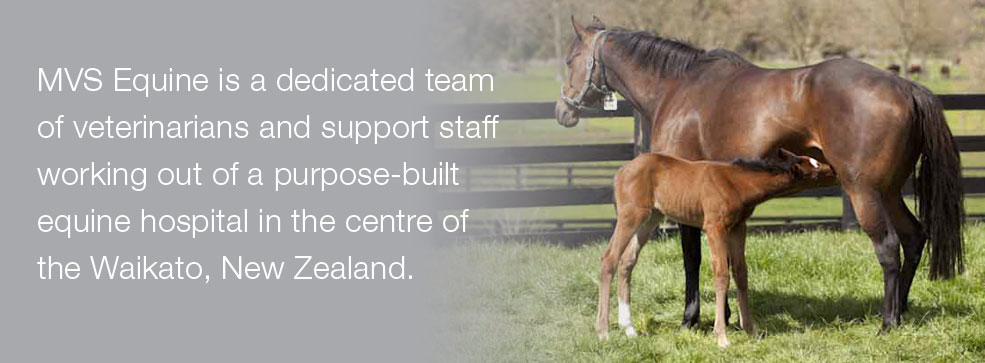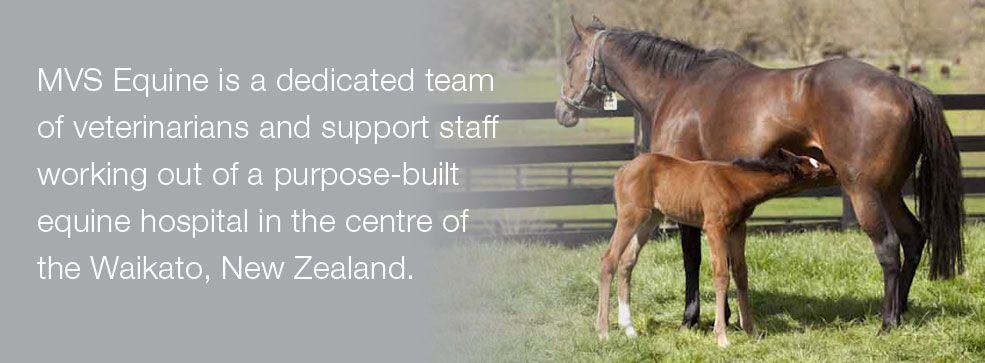April 9, 2018
Hip Dysplasia (HD) is considered to be the most common heritable orthopaedic disease of dogs, affecting to variable degrees virtually every breed. We also see hip dysplasia in our larger breeds of cats.
HD results in a significantly higher risk of the dog developing Degenerative Joint Disease (DJD). It is this DJD that then causes pain, loss of mobility and quality of life.
We can undertake radiographs for both the:
- PennHIP scheme.
- Australian Dysplasia scheme.
We recommend the PennHIP scoring system as it has a higher heritability and has the potential to make a faster genetic gain.
- The PennHIP technique can be used from 4 months of age.
- The Australian Dysplasia scheme dogs must be 1 year old.
- A general anaesthetic is required for this testing, however dogs recover very quickly due to the non invasive nature of the procedure.
- The dog must have a microchip, we can implant one if one isn’t already present.
- You can opt not to have hair clipped on the leg if your dog is in the show ring.
- Results for PennHIP will be available within a week of the radiographs being taken.
- Results for the Australian scheme can take 1-2 weeks
Please see our PennHIP Page for more information.
For bookings or further questions please don’t hesitate to contact us on 07 888 8197




